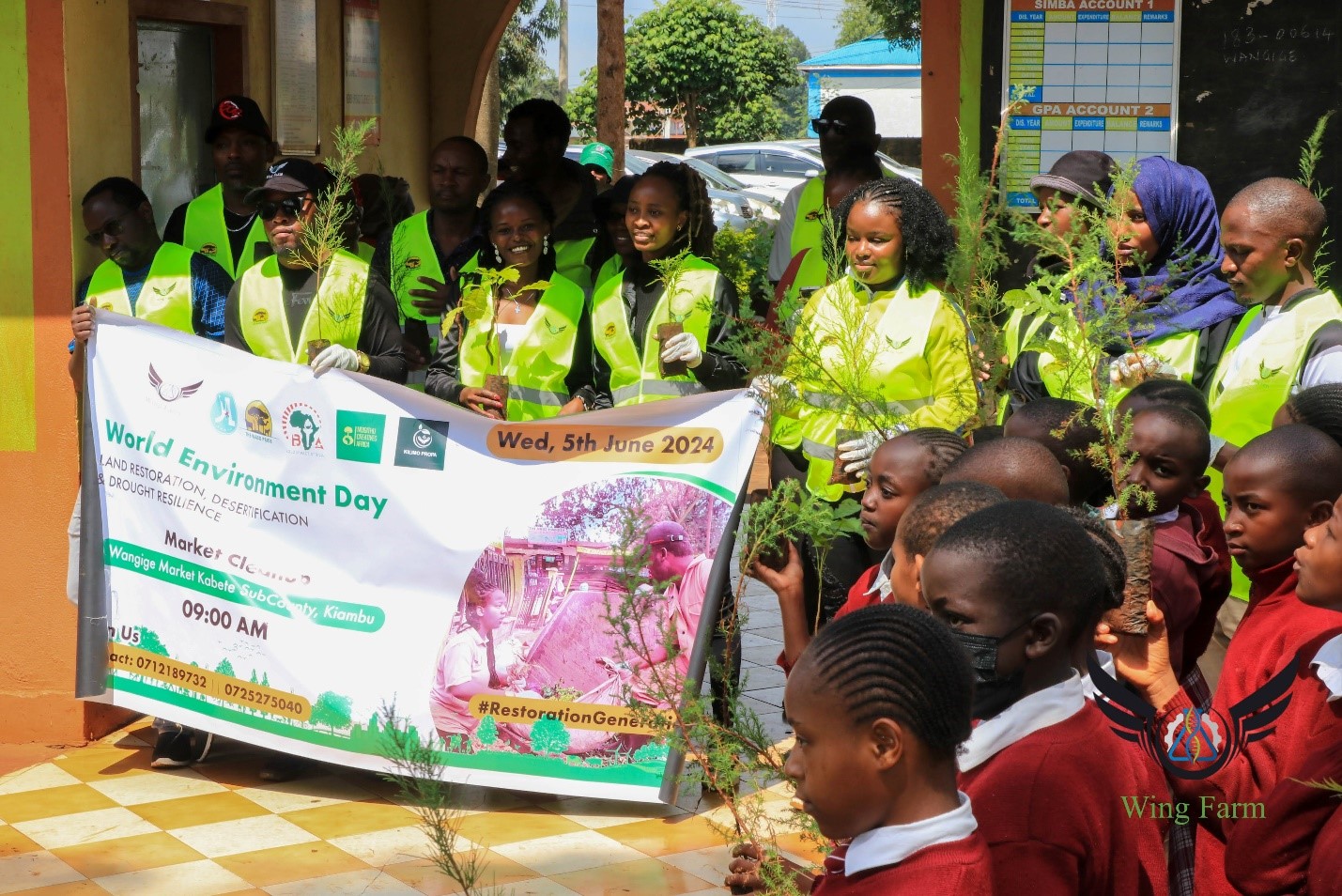The United Nations General Assembly established World Environment Day (WED) in 1972 during the Stockholm Conference on the Human Environment, marking June 5th as an annual event dedicated to raising awareness and encouraging action for environmental protection. Since its inception, and under the leadership of the UN Environment Programme (UNEP), WED has highlighted critical environmental issues, including climate change and chemical pollution. The theme for World Environment Day 2024, “Accelerating Land Restoration, Drought Resilience & Desertification Progress,” emphasizes the urgent need for global efforts to combat environmental degradation. It calls for a united front across generations to address the causes of land degradation, drought, and desertification, and to adopt sustainable practices to fight climate change.
Land is essential for sustaining life on Earth, providing goods and services from farmlands, forests, grasslands, savannahs, peatlands, and mountains. However, unsustainable production and consumption patterns are driving a triple planetary crisis: climate change, nature and biodiversity loss, and pollution and waste. Currently, over one-fifth of the Earth’s land area, about 2 billion hectares, is degraded, significantly diminishing land productivity, particularly in dry areas. This degradation leads to the loss of vegetation cover, making lands more vulnerable to climatic hazards such as droughts. The impact is profound, threatening the livelihoods of millions who rely on these ecosystems, including those in Kenya, where agricultural productivity has struggled to keep pace with population growth, exacerbated by land degradation and nutrient depletion.
Bold Impact Africa is taking a proactive stance against land degradation in Kenya, recognizing the potential global implications if left unchecked. On 5th June 2024, Bold Impact Africa together with partners and other stakeholders celebrated World Environment Day 2024 by conducting a market clean-up at Wangige Market in Kabete Sub-county, Kiambu. The initiative focuses on reducing food waste and promoting sustainable waste management practices, such as utilizing Black Soldier Fly (BSF) technology

